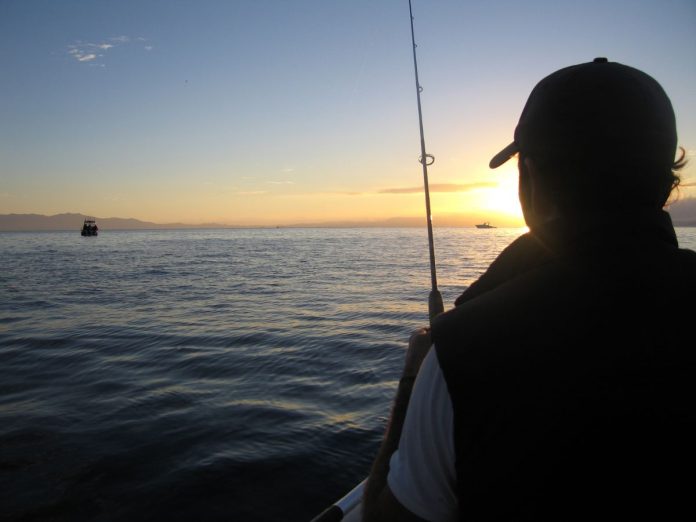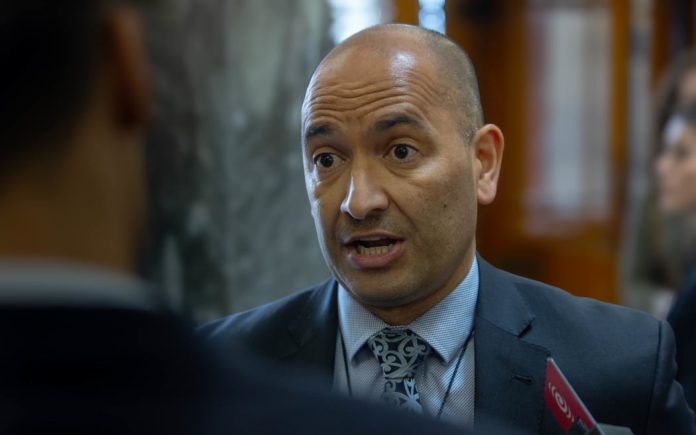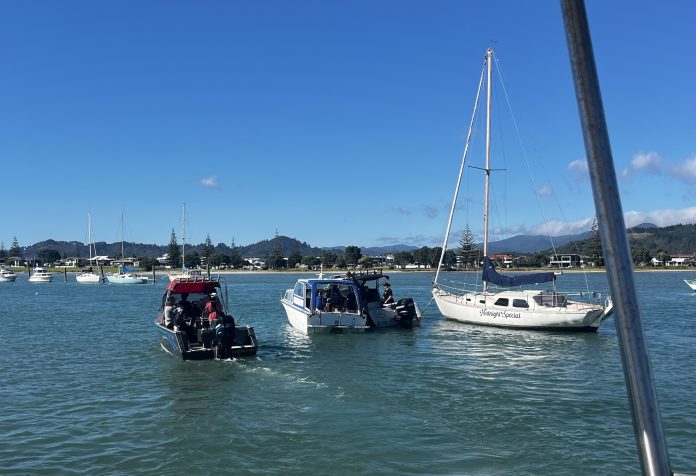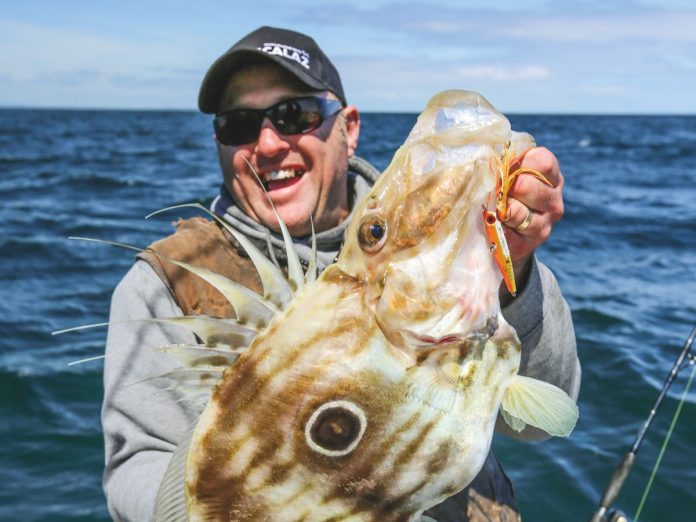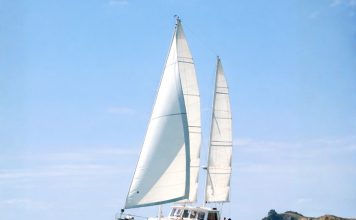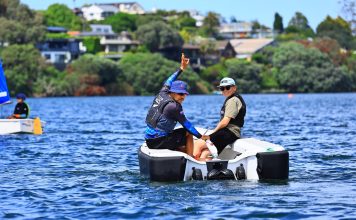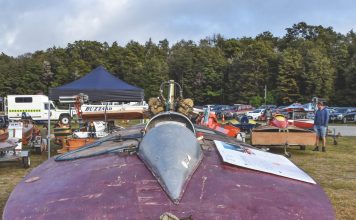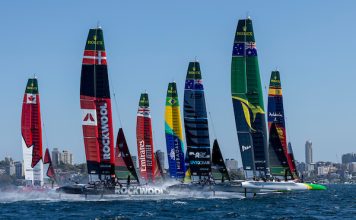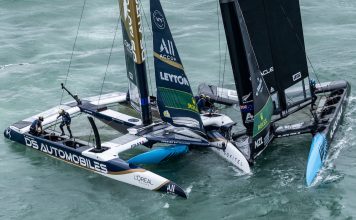In the wake of their strong opposition to the Government’s proposed amendments to the Fisheries Act, the New Zealand Sport Fishing Council (NZSFC), supported by LegaSea and other recreational fishing groups, has outlined a bold and practical alternative: Rescue Fish Ika Rauora. More than a critique of the status quo, this policy package presents a complete rethink of how New Zealand manages its fisheries—with people, ecosystems, and sustainability at the centre.
At its core, Rescue Fish is a direct response to the failings of the current Quota Management System (QMS), introduced in 1986 with promises of economic efficiency and sustainable resource use. Four decades later, the NZSFC argues those promises remain unfulfilled. Instead, they say the QMS has morphed into a vehicle for private control over a public resource, enabling quota consolidation, rent-seeking by absentee investors, and the systematic exclusion of small-scale and Māori fishers.
The QMS, according to the submission, has become a “pay-to-fish” system. Most inshore fishers don’t own quota. Instead, they lease Annual Catch Entitlement (ACE) from corporate holders—often at punishing rates. This means fishers must pay for the right to catch fish before leaving the wharf. With rising fuel, labour, and compliance costs, many fishers are left with little or no profit, while quota holders reap the rewards. If fishers exceed their ACE, they’re slapped with deemed value fines, often erasing any earnings from their trip.
This dynamic doesn’t just hurt small fishers—it incentivises overfishing and waste. Bycatch, for instance, isn’t just an unfortunate side effect; it’s a structural failure of the system. Mass harvest methods like bottom trawling and seining indiscriminately catch undersized fish, non-target species, and even protected marine life. Fishermen, caught between economic survival and regulatory constraints, face a lose-lose situation: land bycatch and incur costs, or discard and keep fishing. Either way, the quota owner still profits.
Rescue Fish Ika Rauora aims to break this cycle
The policy begins with one clear acknowledgement: inshore and deepwater fisheries must be managed differently. While the long-term goal is reform across the board, the priority is urgent action on inshore fisheries—where biodiversity loss, local fishing access, and ecosystem degradation are most visible.
At its foundation, Rescue Fish proposes a government buyback of quota in inshore fisheries. This would dismantle the investor-dominated leasing system and reallocate access to fish in a way that benefits small-scale, regionally based fishers and their communities. The aim is to restore the original intent of the QMS: economic viability, sustainable harvest, and public benefit—not just private profit.
The policy also calls for a transition away from destructive fishing methods. Selective, sustainable practices that reduce bycatch and habitat damage must replace industrial trawling and dredging, especially in coastal zones. The NZSFC believes this shift will support long-term abundance—more fish in the water, higher value catches, and healthier ecosystems.
Importantly, Rescue Fish isn’t anti-commercial. It is pro-sustainability, pro-community, and pro-New Zealand. The goal is to ensure:
* Local, small-scale fishers can make a decent living and supply their communities;
* Young people can enter the industry and learn under experienced mentors;
* Kiwis can access and afford local seafood;
* And fisheries are managed for ecosystem health and generational equity—not short-term profits for distant shareholders.
A 2025 Horizon Research poll backs this approach, with 78% of New Zealanders supporting prioritised access to fish for local consumption. The public clearly wants change—not just in policy, but in values. Rescue Fish reflects this shift: from extraction to stewardship, from monopoly to equity, from collapse to abundance.
With over $1 million invested in its development, Rescue Fish Ika Rauora offers a well-researched, workable path forward. It challenges us to reimagine fisheries not as commodities, but as shared taonga—resources to be nurtured, protected, and fairly used.
New Zealand has a choice. Stay the course with a system that benefits the few and burdens the many—or take bold steps toward a more abundant, fair, and sustainable future. Rescue Fish is ready. Now it’s up to us.
Introduction: Fish Fight – The battle for the future of New Zealand’s coastal fisheries
Previous: Sport fishers push back against controversial fisheries reforms








